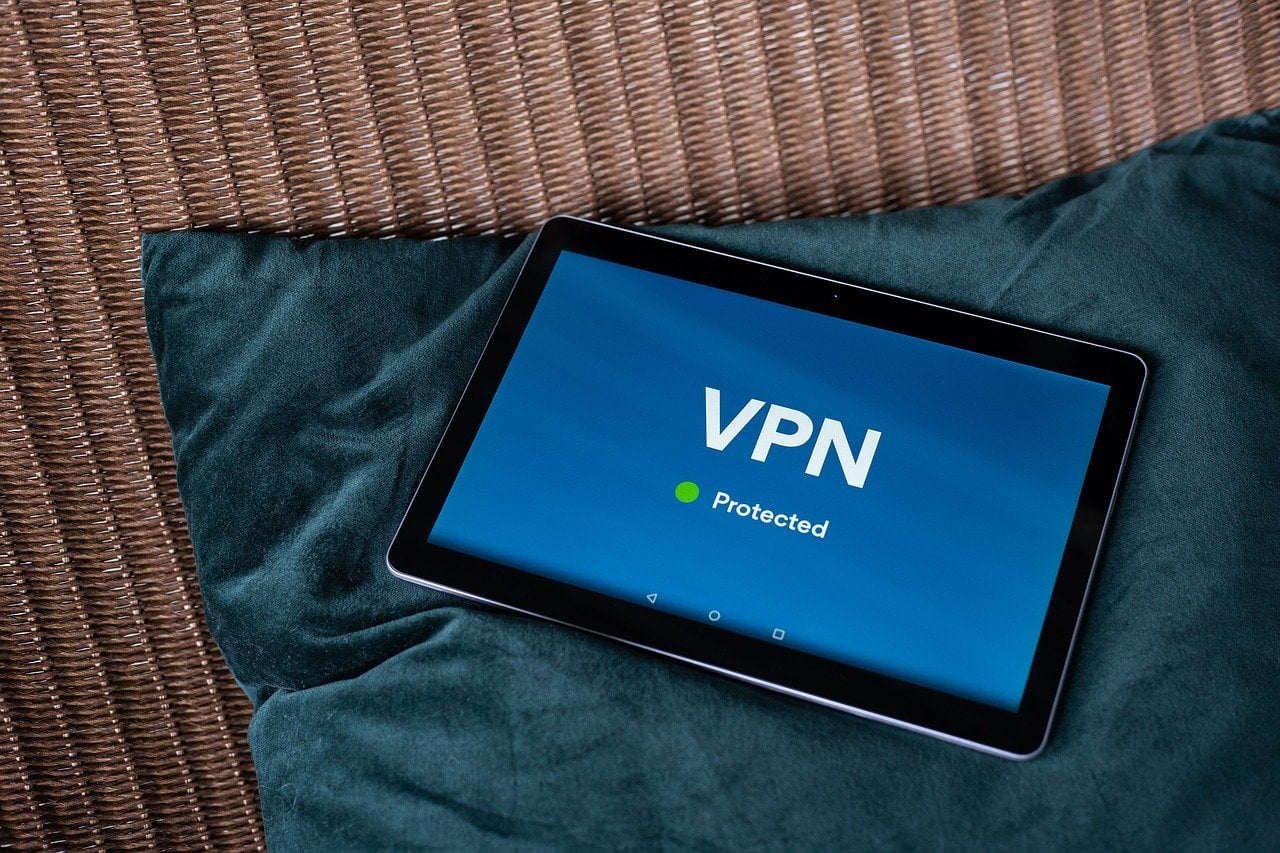Almost every Internet user is at the risk of malware attacks, government surveillance, data breaches, password leaks, and suspicious WiFi networks. If you want to protect your identity, data, and bank passwords, you might have looked into things like virtual private networks (VPNs) and proxy servers. It could be difficult to understand the differences between VPNs and proxy servers. In this VPN vs proxy servers comparison, let’s check how they work and what sets them apart.
Both VPNs and proxy servers provide a certain degree of privacy and security. They both hide your IP address to let you access the Internet anonymously. They also allow you to access geo-restricted content. It’s these similarities that cause users to speak of them interchangeably.
What is VPN?
Virtual private networks (VPN) are apps that can be installed on your computer or smartphone. VPNs work on the operating system level, meaning they funnel all the Internet activity of your device into their servers to protect your anonymity. Whether you are using the browser, playing online games, or downloading a Windows Update in the background, all the Internet traffic is routed through the VPN’s encrypted remote server.
The VPN uses a remote server to reroute your traffic and hide your IP address, preventing websites and malicious actors from seeing your actual location or IP address. Since it works on the operating system level, it automatically protects everything when you connect your device to the Internet.
Even your Internet Service Provider (ISP) can’t track what you are doing online. All they see is that your device is connected to a VPN server. The encryption makes VPNs an ideal choice for people concerned about their privacy and security, especially when the stakes are high. The government, website trackers, and hackers will have little success trying to collect your data.
It’s worth pointing out that some free VPN providers tend to log user data. If you want to use a VPN, go for paid providers that have a strict no-logs policy. It could cost you a few dollars a month, but it will be worth the price. Also, VPN servers require good processing power and bandwidth, which you must keep in mind.
What are proxy servers?
Proxy servers also use a remote server to hide your IP address and location. You can apply proxy settings to your browser to mediate your browser traffic through a remote server. The websites you visit using the browser will see the remote server’s IP instead of yours.
Unlike VPN, proxy servers change your IP address only when you are browsing the Internet. It doesn’t apply to all the Internet traffic from your device. If you play online games or have another app running in the background, proxy servers can’t hide your IP address. Proxy settings are applied individually for each application rather than for the entire device.
Unlike VPN, proxy servers don’t encrypt your traffic, meaning you still face online security threats. There are two main types of proxy servers – HTTP proxies and SOCKS proxies. The HTTP proxies are specifically for web-based traffic. They reroute all your browser traffic and allow you to access geo-restricted websites.
The SOCKS proxies work only on the application level instead of at the operating system level. But unlike HTTP proxies, the SOCKS servers can handle all kinds of traffic including BitTorrent, web servers, and FTP servers. However, SOCKS proxies tend to be slower than their HTTP alternatives. Neither SOCKS nor HTTP offers any encryption, meaning they are far less secure than VPNs.
VPN vs proxy servers: Differences
The biggest VPN vs proxy server difference is that VPNs protect the anonymity of your entire device. All Internet activities via browsers, email clients, file-sharing apps, and other tools are encrypted. In contrast, the proxy servers merely reroute your traffic via a specific web browser or application.
The VPNs protect you from government surveillance, hackers, and tracking attempts by your Internet Service Provider. Proxy servers offer no such protection. You shouldn’t use proxies for handling high-stakes information.
Proxies tend to be faster than VPNs because VPNs need to encrypt your data. Also, VPNs require more processing power. There are free as well as paid VPN options, but you should opt for the paid VPNs with no-logs policy. The paid options won’t mine your data.





